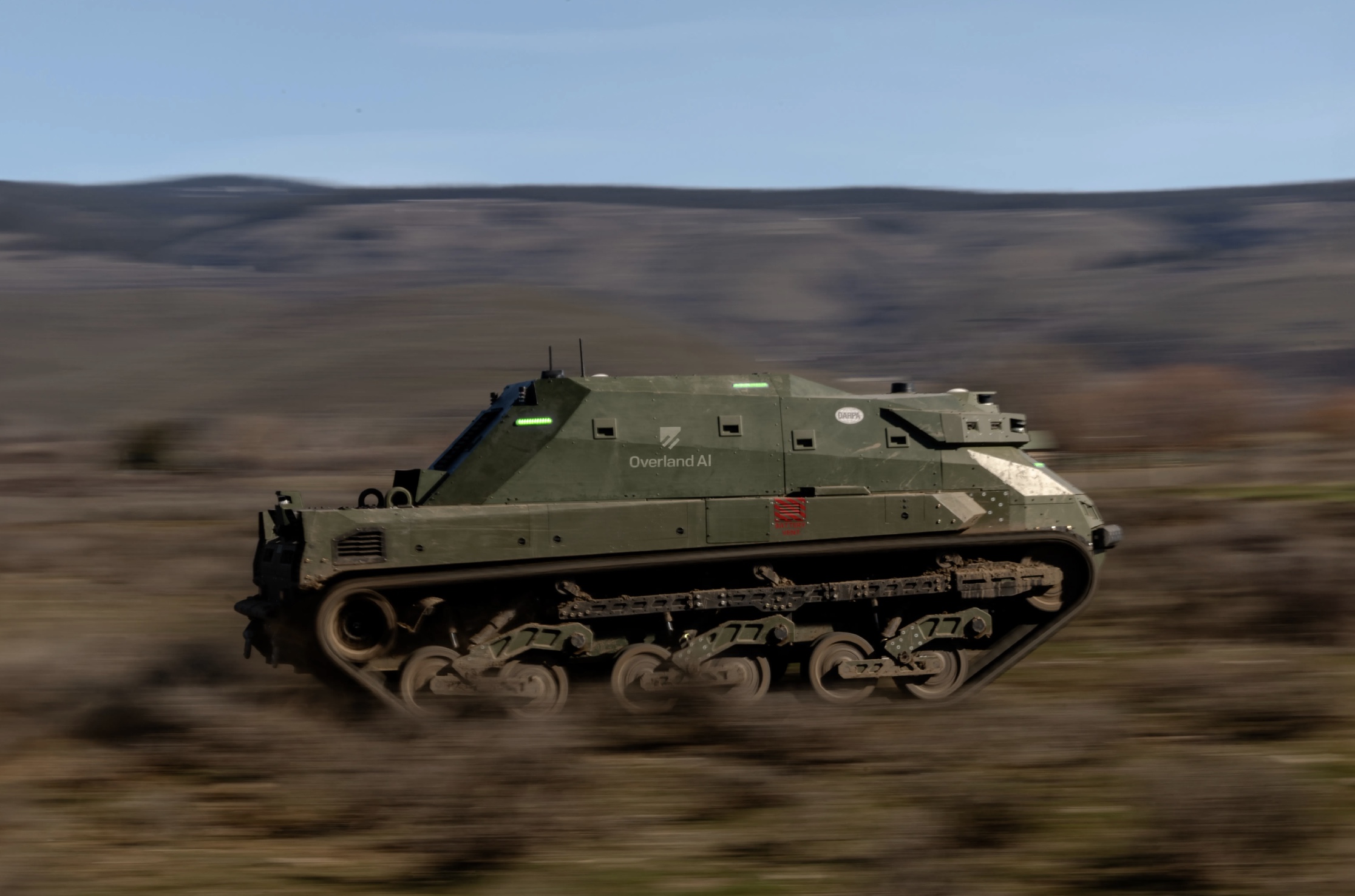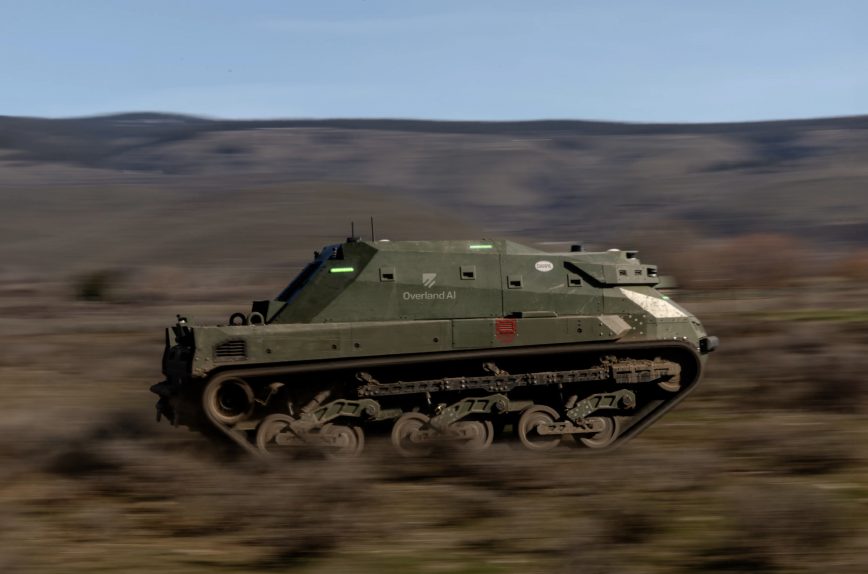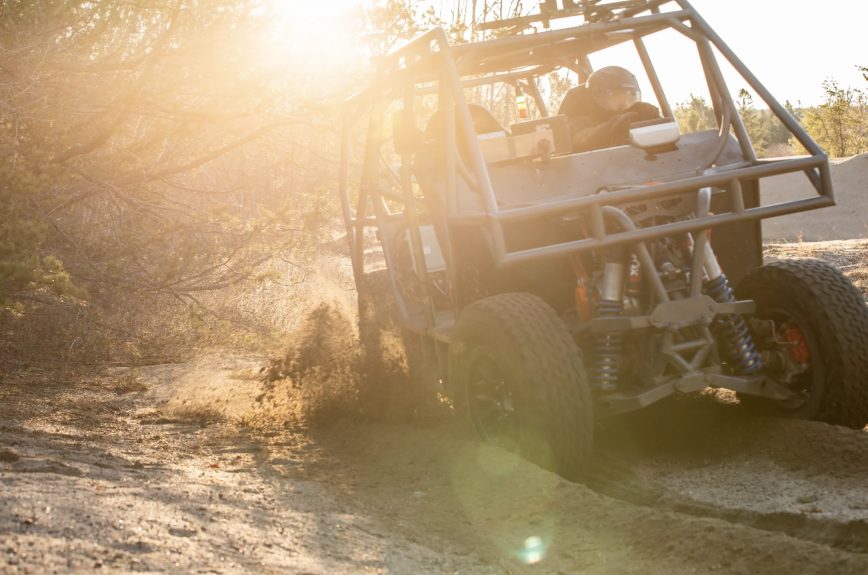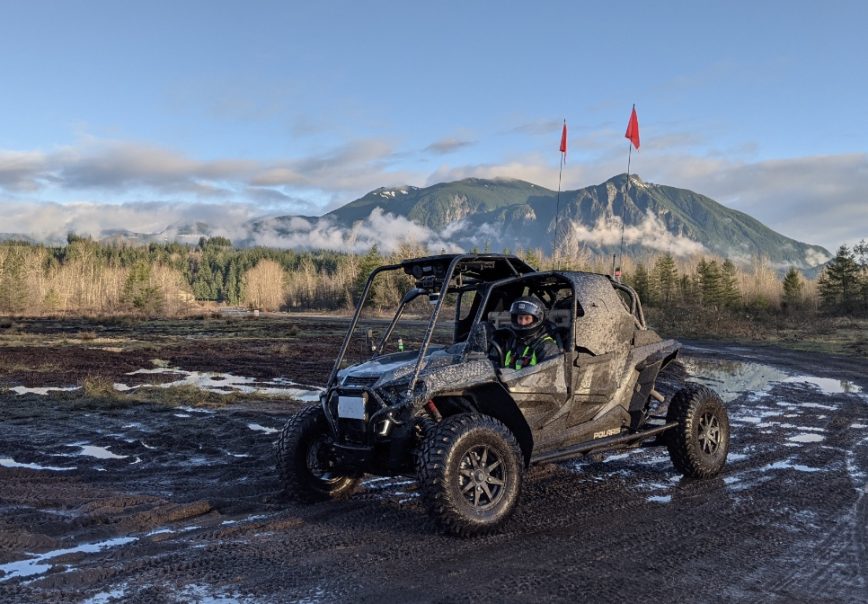The Military Is Fueling AI In Off-Road Self-Driving Vehicles

Feature Image – Via Overland AI
The world of autonomous vehicle technology is expanding into new terrains, quite literally. A new wave of early-stage startups, backed by venture capital investments and military interest, is pioneering autonomous driving technology for off-road applications. Unlike the companies focused on bringing robotaxis to urban streets, these startups are taking their tech off the beaten path.
The Rise of Overland AI and Potential
Among the leading entrants in this niche are Seattle-based Overland AI and New Brunswick, Canada-based Potential. These startups are poised to seize a first-mover advantage in the off-road autonomy sector. Despite their different approaches, Overland AI and Potential share a common vision: they aim to conquer one of the most challenging applications of automated driving by developing software that doesn’t rely on detailed maps, extensive training data, or remote assistance.
Military Interest and Funding
The U.S. Department of Defense and venture capital investors have taken notice of these off-road autonomous solutions. Overland AI, founded in 2022, is developing a self-driving system for military operations, such as reconnaissance, surveillance, and electronic warfare package delivery. In April, the U.S. Army’s Defense Innovation Unit awarded Overland AI up to $18.6 million to build a prototype autonomous software stack for its robotic combat vehicle (RCV) program over the next two years. Additionally, Overland AI recently raised $10 million in a seed round led by Point72 Ventures to expand its team and develop its autonomy stack, OverDrive.
Potential, on the other hand, focuses on advanced driver-assistance systems (ADAS) for all-terrain vehicles (ATVs), underground mining vehicles, and passenger cars in off-road environments. The company raised a CA$2 million ($1.5 million) extension to its seed round led by Brightspark Ventures, bringing its total funding to CA$8.5 million ($6.2 million). Potential has been developing its technology for six years and is now engaged in several pilot projects across various sectors, including power sports, motorcycles, and automotive.
The Off-Road Opportunity
Potential and Overland AI are not alone in exploring off-road autonomous vehicle technology. The high costs associated with commercial robotaxi and self-driving truck operations have led to the downfall of numerous startups in recent years. As these ventures shuttered, a new batch of startups emerged, focusing on more grounded ambitions such as applying AV tech to warehouses, mining, industrial, and off-road environments.
Alexei Andreev, managing director at Autotech Ventures, emphasized the shift in investment focus. “We are absolutely deploying capital in off-road autonomy,” Andreev said. “Actually, if anything, we are staying away from highway autonomy and have completely doubled down on off-road autonomy.” Most of the off-road companies that Autotech Ventures invests in today operate in the agricultural and construction sectors, with products like autonomous mining vehicles, forklifts, and tractors. These sectors aim to address labor shortages, increase productivity, and enhance safety in farms and construction areas.
Overland AI: From DARPA to Seed Funding

The U.S. Army has become a valuable customer for automating off-road driving, a pursuit that traces its roots back to DARPA (Defense Advanced Research Projects Agency). Jeff Peters, a partner at Ibex Investors, noted that DARPA projects have remained persistent even as the autonomous vehicle industry shifted focus to commercial applications. Peters pointed out that autonomous mining startup SafeAI and autonomous trucking startup Kodiak Robotics have also pursued defense grants.
Overland AI, a product of the DARPA program, exemplifies this trend. Byron Boots, CEO and founder of Overland AI, has a background in machine learning and a history of collaboration with the U.S. Army Research Lab and DARPA. Overland AI emerged from Boots’ research and team involved in DARPA’s RACER (Robotic Autonomy in Complex Environments with Resiliency) program, which aims to develop self-driving vehicles capable of handling tough terrain.
The program continues to evolve, with Overland AI recently selected to progress to its second phase. The company boasts a team of deep tech veterans from Google, Nvidia, Apple, Waymo, Aurora, Embark, and Argo, as well as software engineers with experience in mission-critical solutions at SpaceX, RTX, and the U.S. Army.
Boots explained that removing the person from the vehicle confers significant safety and tactical advantages. Overland AI’s software must navigate complex off-road terrain autonomously using only onboard sensors and compute, without relying on maps, GPS, or remote operators. The software builds a digital representation of the terrain as it goes, using this to find a route towards its goal, even if communication links are lost.
Potential’s Approach to Off-Road ADAS

Potential aims to enable less experienced drivers to handle off-road conditions with ease. Sam Poirier, CEO at Potential, explained that their core platform, Terrain Intelligence, uses computer vision to help vehicles interpret and prepare for complex terrain and changing surface conditions. This technology relies on a single camera rather than multiple sensors.
At its basic level, Potential’s off-road ADAS alerts drivers to impassable objects or the need to switch drive settings based on terrain changes. The next level involves automating these drive settings, which are typically managed manually by the driver. Finally, Potential’s advanced level fine-tunes these settings using existing sensor data to push the limits of performance.
Scott Kunselman, an ex-Jeep chief engineer and advisor to Potential, highlighted the benefits of assistance tools that go beyond individual driver capabilities. For example, stability controls require independent brake control, which a driver cannot achieve alone. Potential is working with Tier 1 suppliers and OEMs to license its software and integrate it into vehicles.
The Future of Off-Road Autonomy

As the off-road autonomy sector grows, it presents a lucrative opportunity for startups and investors. By focusing on applications in military, agricultural, and construction sectors, these companies are addressing real-world challenges and creating significant returns on investment. The support from venture capital and defense grants further validates the potential of these technologies.
Overland AI and Potential exemplify the innovative spirit driving this new wave of autonomous vehicle technology. Their breakthroughs in off-road autonomy not only promise to revolutionize their respective fields but also pave the way for future advancements. As these startups continue to develop and deploy their technologies, the off-road autonomy sector is poised for substantial growth and impact.

